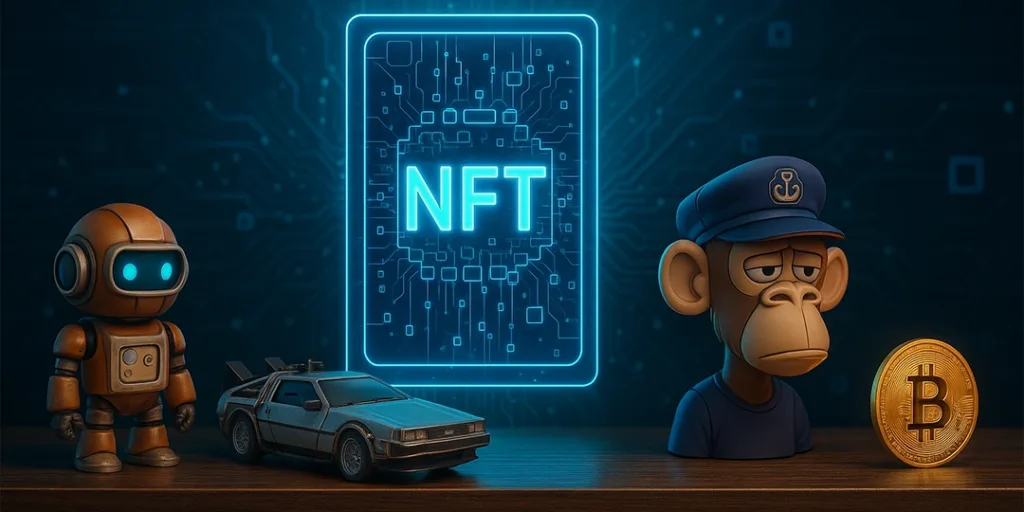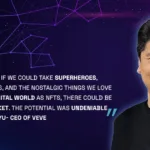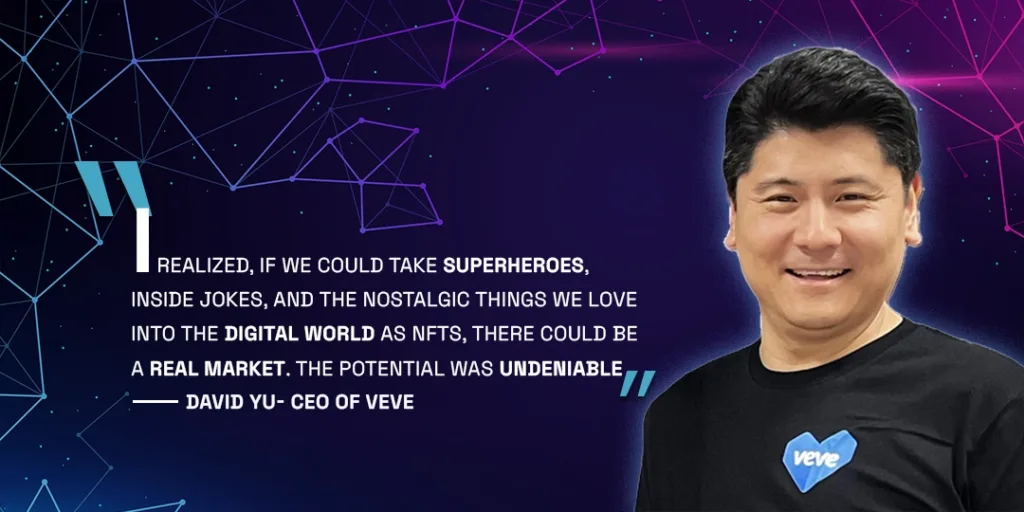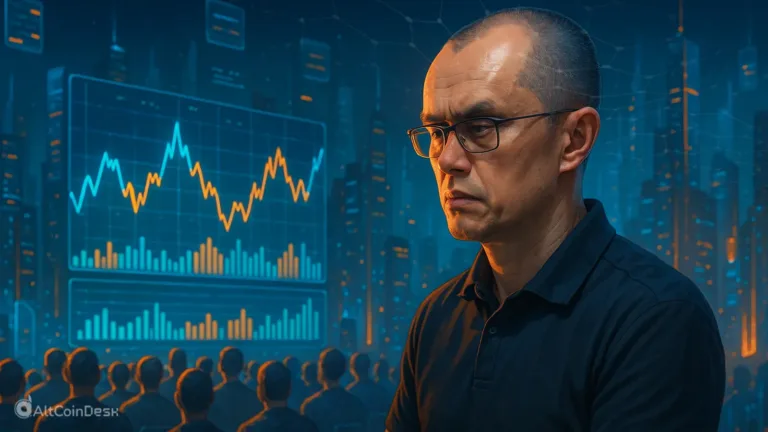The world has always been fascinated by collecting: From ancient stones and shells to coins, music, books, and plush toys. Now, almost anything could go virtual. Rare or limited-edition items are often prized for their value over time, but preferences have shifted. In an age where pixels hold power, the next prized possession might not sit on a shelf but live on the blockchain as an NFT.
So, what exactly are NFTs, and why are they changing how we think about ownership? In an exclusive interview with AltCoinDesk.com, David Yu, co-founder of VeVe, a mobile marketplace for buying, selling, and trading licensed digital collectibles as NFTs, described digital collectibles as the next evolution of blockchain technology—moving into the metaverse, gaming, and even redefining art, culture, and ownership.
From CryptoKitty to collectible giants
VeVe bridges physical nostalgia with digital innovation using blockchain and NFTs (non-fungible tokens). Yu’s inspiration came from CryptoKitty.
“The light bulb moment really hit when I learned about CryptoKitty,” Yu said. At its peak, the project was so popular, it clogged the Ethereum network.”
VeVe’s goal isn’t to replace physical collectibles but to add a new dimension. Available as a mobile app (iOS and Android), VeVe lets users buy, sell, and trade digital items using fiat converted into an in-app token. Buyers can purchase licensed art and 3D figurines from DC, Marvel, Disney, and more.
Fun, fandom, and verified scarcity
VeVe keeps blockchain simple and focuses on accessibility. Partnering with iconic brands, it ensures provable scarcity while blending digital and physical experiences. NFT creators benefit from royalties, a percentage of every future sale, automatically paid on secondary market transactions.
The platform started on GoChain, later moving to Immutable X for Ethereum compatibility. In 2025, VeVe integrated StackR, a marketplace enforcing royalties even outside VeVe, protecting IP rights while giving collectors more flexibility.
To keep transactions smooth, VeVe uses its in-app currency, “gems,” avoiding crypto price swings. Integration with Binance Wallet and StackR now lets users trade crypto, including OMI tokens, and convert funds into gems: Standardizing payments across regions.
Weathering market volatility
NFT sales fell to $823 million in Q2 2025, down from $4 billion a year earlier (DappRadar). Some doubt their future, but Yu believes collectors buy out of passion, not just profit.
“The market will always fluctuate. I’ve seen it in my 28 years in the collectible business,” he said. “Like online shopping in the early internet days, this will normalize and grow with adoption.”
Going ‘Figital’ and global
VeVe’s user base is 40% U.S.-based, with Europe second. Yu sees Japan and Korea as major growth areas, especially with strong anime culture and openness to digital collecting. Japan’s collectibles market alone is valued at $16.42 billion and could reach $23.62 billion by 2030. VeVe is even opening physical shops for its digital NFTs.

Are NFTs sustainable?
During the NFT boom, critics raised concerns about environmental impact. Yu argues digital collectibles are far greener than physical ones. “We’ve sold over 10 million digital collectibles—that’s 10 million fewer items being manufactured, shipped, and stored,” he said. Ongoing research into eco-friendly blockchains could further reduce their footprint.
The VeVe verdict
NFTs aren’t replacing physical collectibles; they’re expanding what ownership means. VeVe proves this isn’t about swapping shelves for servers, it’s about creating a new layer of collecting for the next generation.
That childhood nostalgia you treasure? It might just live on the blockchain now.








